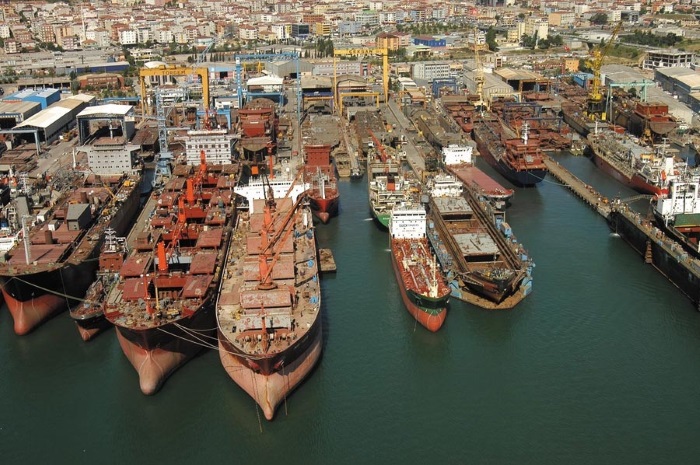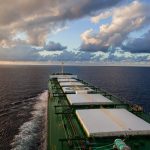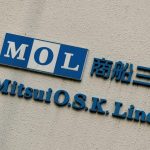Methanol comes out as a potential alternative bunkering fuel for shipping. When generated from sustainable hydrogen and CO2 by direct air capture, it is a carbon-neutral fuel. Since 2015 methanol has been in use on a small scale but with a significant order book of dual-fuel ships capable of using methanol the number of ships using this alcohol-based marine fuel is expected to grow fast in the coming decade.
The IAPH Clean Marine Fuels Working Group has just completed work on developing safety tools for Methanol and other alcohol-based fuels as marine fuel with a total of seven safety bunkering checklists for both ship-to-ship and truck-to-ship transfer scenarios.
The Working Group is chaired by Peter Alkema of the Port of Amsterdam and whose Safety Workstream is coordinated by Cees Boon, Senior Safety Advisor of the Port of Rotterdam, which is made up of leading experts from member ports. Many of the experts have worked together for over a decade and began by developing IAPH Liquefied Gas bunker checklists for LNG. This expertise has been used to create checklists for other new alternative fuels, such as Liquefied Biogas (LBG) and Liquid Hydrogen (LH2), which were published on the IAPH World Ports Sustainability Portal last November.
Peter Alkema commented:
“Our Working Group has focused primarily on safety aspects related to the bunkering of new fuels, as we are driven to advance the transition towards clean marine fuels for decarbonization and air quality improvement. Our aim is to empower ports to facilitate, stimulate and regulate the supply of new clean marine fuels by providing expertise and guidance on safe and efficient bunker operations.”
This focus by the working group to create harmonized bunker checklists for known bunkering scenarios reflects the extra requirements of ports about bunker operations of alternative marine fuels in or near their port environment. By using bunkering checklists, a high level of quality and responsibility of the bunker, site, and vessel operators can be obtained.
All of the checklists that are developed by the working group are sent for industry consultation to classification societies, other NGO experts, and bunker operators for feedback.
The IAPH Clean Marine Fuels Working Group also works on audit tools for port authorities evaluating both truck-to-ship and ship-to-ship bunkering operators and has a terminal readiness tool developed for LNG operations. The Group has also lent its expertise to the current WPCAP initiative to develop a comprehensive Port Readiness Level for Alternative Fuels for Ships (PRL-AFS) tool.
IAPH Managing Director Patrick Verhoeven concluded: “These tools are becoming a crucial element of the emerging energy transition for shipping. Safe bunkering of fuels at ports is a pre-requisite and the fine work of this voluntary working group is keeping up with the industry demands for ship-shore safety as the latest fuel mix evolves.”





